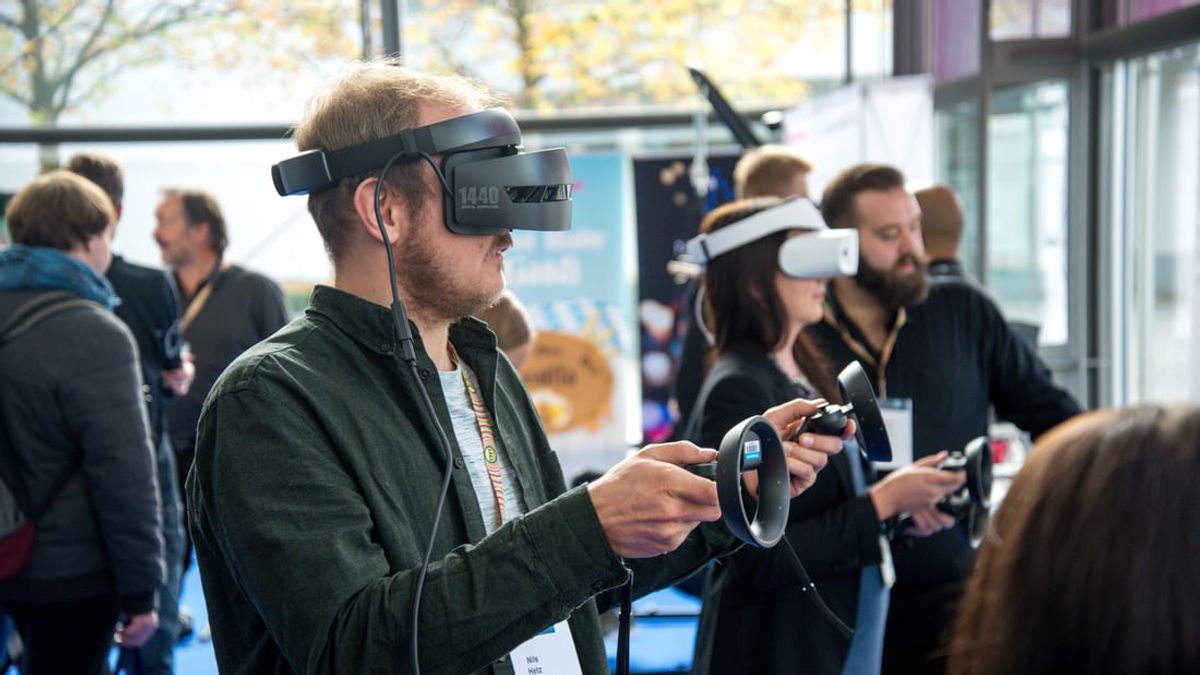
Since the launch of Facebook on 4 February 2004, there has been a growing number of virtual worlds taking advantage of the social media platform’s users.
In particular, one type of virtual world gaining momentum is that which is stylized as a “metaverse” or a “3D metaverse,” with some people going so far as to say that Facebook may be the next big metaverse.
What is a Metaverse?
A Metaverse can be thought of as a digital universe that consists of many interconnected virtual worlds. In this sense, it is similar to the internet itself, where users can visit different websites and online communities. However, in contrast to the internet, which is mostly 2D, a metaverse is 3D, providing a more immersive experience for users.
In the wake of Second Life’s demise, it seems that Facebook is positioning itself as a contender in the market for virtual worlds. In addition to supporting third-party applications that provide users with avatars and allow them to interact in virtual spaces, Facebook recently released an application called Facebook Home.
At first glance, it appears to be yet another example of Facebook’s desire to be all things to all people. However, Home is more than that. It represents Facebook’s desire to own the metaverse or play a significant role in it.
The term “metaverse” was coined by Neal Stephenson in his 1992 novel Snow Crash and refers to an “informational space with boundaries defined by the technology available to its users.”
In other words, the metaverse is a collective virtual environment where we can all meet up and share information. It’s also the “place” that leads into Stephenson’s second novel (released in 2011), The Diamond Age.
Given Facebook’s recent moves, it’s clear that the company sees the metaverse as a significant opportunity.
But what does this mean for users?
For starters, it means that Facebook is likely to become even more ubiquitous than it already is. With its ownership of the metaverse, Facebook would have a place to control all the information shared within it. This could be a good thing or a bad thing, depending on your point of view.
It also means that Facebook would have a lot of control over our online identities. In the metaverse, we would all need to use Facebook accounts in order to interact with one another. This would give Facebook even more access to our personal data than it already has.
Finally, it means that Facebook would be in a position to make a lot of money from the metaverse. The company could charge users for access to virtual spaces or sell advertising space within those spaces. Either way, it would likely see a significant increase in revenue and a new tool for every social media agency that wants to reach a larger audience.
Takeaway
Facebook is uniquely positioned to become the leading metaverse due to its large user base (over 2 billion monthly active users as of January 2019) and its focus on social interaction. In fact, many virtual worlds that have been launched in recent years have been based on Facebook’s social network, including Second Life and Sansar.
However, it is important to note that a virtual reality metaverse does not exist at this moment in time. Currently, no independent social worlds connect with the Facebook platform to create a truly immersive digital universe. At best, all existing platforms can be classified as “metaverses” in that they allow users to interact with each other within virtual worlds.
Nonetheless, it is still an exciting time for the metaverse industry and every social media agency, and digital marketing platform, as we can expect many more innovations in the years to come. Stay tuned!





More Stories
Hulu + Live TV subscribers: Do this to avoid a price hike
Hulu’s Black Friday deal is back: $1.99 a month for a year
Attendance at IEEE’s STEM Summer Camp Breaks Records